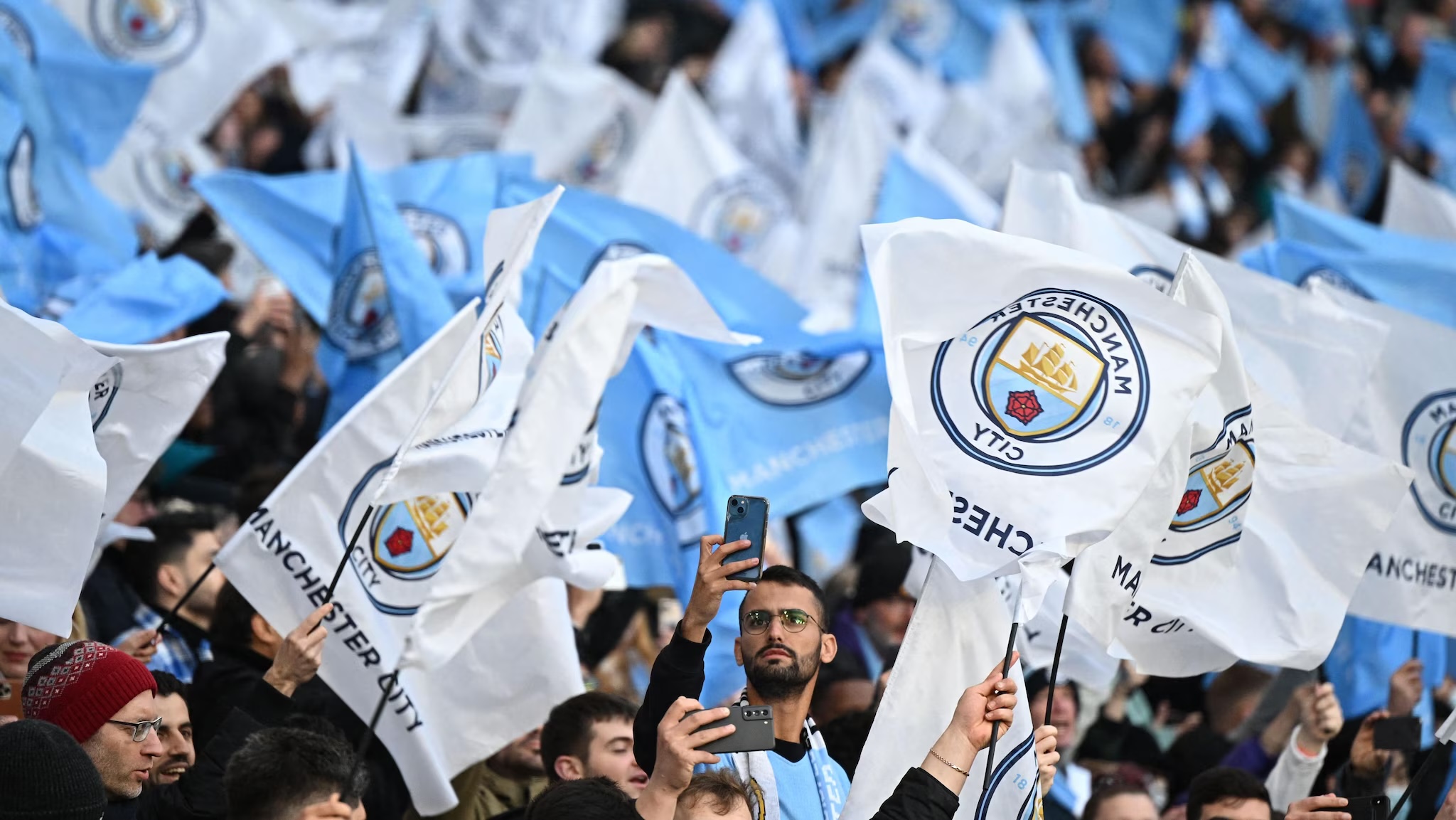© The Fan Experience Company 2023

Think of the fans: Why stadium experience matters as much as TV production
The Rugby World Cup in France has been dogged by a poor fan experience. Many England fans who bought their tickets to the opening Argentina game, literally years in advance, couldn’t get into the stadium for kick-off. This was dismissed by some as teething problems but it still hasn’t been fully rectified with other matches facing similar and potentially dangerous crowd management.
It feels like we’re at a new low point for customer experience. After Covid, the services we used to rely on seem like they’re getting worse.
Of course, it’s understandable how shutting the world down for two years is going to have an impact on fragile supply systems but the pandemic has also reset our expectations.
When we travel, we now expect to be treated badly. Complaints against European airlines are at record levels since restrictions have been lifted. We can’t take the train instead because rail cancellations are also at record highs.
Staying at home isn’t much better as 2022 was the year that saw – you guessed it – record complaints against energy and utility companies.
We expect to wait in hospitals and for our water companies to pump sewage into our seas. We expect our banks not to pass on rate rises, even though our mortgages are skyrocketing.
The advent of technology was supposed to make things smoother, but what this really does is shifts the burden onto the customer. Check yourself in, scan the QR code for your menu, use the app instead of calling us.
In this melee of bad experiences there is one sector which risks becoming the worst of all; and that is live sport.
Rugby fan experience
The Rugby World Cup in France has been dogged by a poor fan experience. Many England fans who bought their tickets to the opening Argentina game, literally years in advance, couldn’t get into the stadium for kick-off. This was dismissed by some as teething problems but it still hasn’t been fully rectified with other matches facing similar and potentially dangerous crowd management.
t’s not just rugby. The Solheim Cup was also recently criticised for a poor experience including golf fans being left without access to food and water in the sweltering heat of Spain.
The last two UEFA Champions League finals – supposedly the pinnacle of club football – have had shocking fan experiences. Liverpool fans in Paris not only missed much of the action but were kettled, tear-gassed and then blamed for the fiasco in a horrendous echoing of Hillsborough. Similarly, many Manchester City fans, having made it all the way to Istanbul were forced to walk down a motorway to reach the stadium on time.
These are not just isolated incidents, they’re becoming increasingly common and they’re part of a wider trend of deprioritising the live sports fan.
Spectacle
Sport has become so obsessed with TV audiences that the in-person fan is often an afterthought. The introduction of television match officials and VAR have added drama to the TV spectacle but made the in-stadium experience confusing, tedious and occasionally soulless.
At the same time sports fans are being asked to pay even more season after season – 14 of 20 Premier League clubs increased season ticket prices for 2023/24.
There are signs that some fans have had enough. Research from Capgemini shows that increasingly younger fans are preferring to watch from outside the venue, not inside.
This isn’t a healthy or sustainable place for sport to be. Ironically, the pandemic was the one event that highlighted just how important fans are. Empty stadiums, artificial crowd noise, players’ shouts echoing off rows of folded plastic seats showed us just how awful it would be without them.
Forgotten fans?
Fans are often heralded as ‘the 12th man’. Just this weekend Luke Donald described the energy European fans gave as a key factor in the outcome of the Ryder Cup. Yet sports fans would have a right to feel almost forgotten.
This is a problem for brands and sponsors too because often they can make the fan experience worse, not better. In an attempt to woo sponsors, rights-holders often put in place draconian rules that frustrate fans. It’s reported that many of the problems in accessing the Rugby World Cup stadiums were down to non-official branded water bottles being confiscated. At FIFA World Cups, fans can’t use Mastercard to buy basic amenities like food and water, so as not to offend worldwide partner VISA.
As technology improves the viewing experience, and TV broadcasting figures reach millions, it would be easy to forget the tens of thousands of people who pay the most and travel the furthest. This is short-sighted however, because it’s this audience that sits at the core of the industry. Brands in particular need to be careful that they’re enhancing the fan experience, not making it worse.
Original article published 09.10.2023 on the City AM website.
To view the full article, click here
